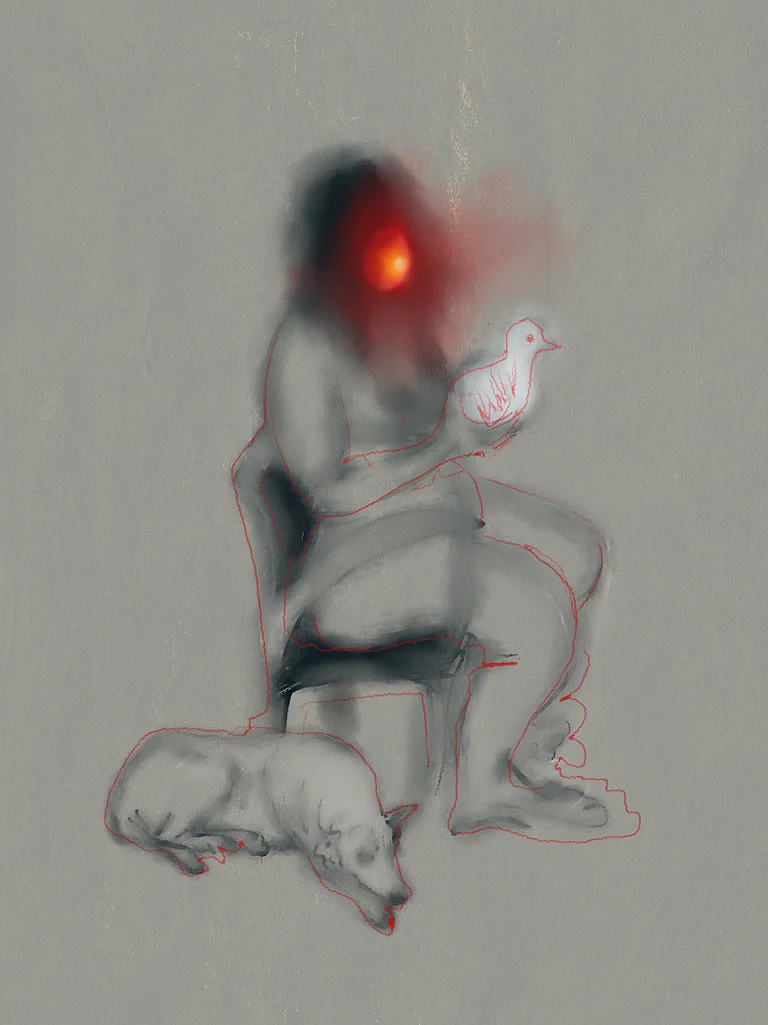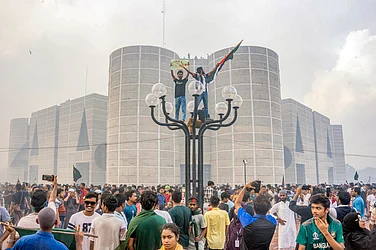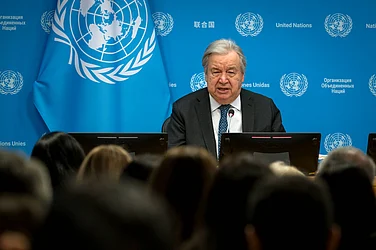Poland's President Andrzej Duda has said on Wednesday that there are no indications that the Russia-made missiles that killed two people in a Polish village was an "intentional attack". He has described it as a unfortunate accident.
Contrary to some initial statements claiming the missile was launched by Russia, Duda said it was mostly likely a Ukrainian missile that fell in Poland, but he also said that the ultimate responsibility lies with Russia.
Ukraine is a former Soviet Union territory and continues to have military equipment of Soviet- and Russian-origin.
Poland is a member of the North Atlantic Treaty Organisation (NATO). The NATO charter has a provision under which an attack on any one member can be taken as an attack on all members. Following the invocation of this provision, the 30-member NATO comes together in what's called a 'collective defence'.
Earlier, US President Joe Biden said it was "unlikely" the missile was fired by Russia. Biden, who is in Indonesia for the G-20 Summit, called an emergency meeting of G-7 and NATO leaders.
The Associated Press on Wednesday morning (India time) reported three US officials as saying that preliminary assessments suggested the missile was fired by Ukrainian forces at an incoming Russian one amid the crushing salvo against Ukraine's electrical infrastructure Tuesday. Russia on Tuesday fired a large number of missiles at targets Ukraine, striking at several critical infrastructure units, plunging large parts of Ukraine into darkness.
NATO response to Polish missile incident
NATO Secretary General Jens Stoltenberg on Wednesday also said there is no indication as of now that it was an intentional Russian attack on Poland. He stressed the investigation is still on. Stoltenberg also said that Russia still bears responsibility for the incident, according to Guardian.
"Russia bears responsibility for what happened in Poland yesterday, because this is a direct result of the ongoing war and the wave of attacks from Russia against Ukraine yesterday...Nato is preparing for accidents like this to prevent them from happening, and if they happen to ensure that they don’t spiral out of control," said Stoltenberg.
He also said that the NATO assessment of threat perception for NATO countries of the Ukraine War has not changed with the Poland missile incident.
"At the same time, we have no indication that this was a result of a deliberate attack on Nato territory. And we have no incidications that Russia is planning offensive military actions against the Nato allies," said Stoltenberg, as per Guardian.
US, NATO push for broader investigation
The United States and other NATO countries have been primary backers of Ukraine in the conflict, with US- and NATO-provided equipment and intelligence key to Ukrainian defence against the Russian aggression.
These countries have taken a careful stance and are pushing for a sober investigation, which is in contrast to how Ukrainian President Volodymyr Zelenskyy
reacted to the incident.
Zelenskyy called the missile strike a "significant escalation" of the conflict, appearing to suggest that the missile that hit Poland was Russian.
"Russian missiles hit Poland, the territory of our friendly country. People died...Today happened what we were warning about for a long time: We told that terror is not confined to our state borders...I now want to tell every one of our Polish brothers and sisters – Ukraine will always support you. Free people won't be cowed by terror. Victory is possible when there is no fear. And we and you are not afraid," said Zelenskyy, as per Reuters.
He added, "The longer Russia feels impunity, the more threats there will be to anyone within reach of Russian missiles. To fire missiles at NATO territory! This is a Russian missile attack on collective security! This is a very significant escalation. We must act."
Striking the sober note, Biden said, "I'm going to make sure we find out exactly what happened."
In Brussels, NATO countries were coming together on Wednesday for emergency talks. There was no immediate proof that Tuesday's blast was a deliberate, hostile attack on NATO member Poland that could trigger the alliance's provisions for a collective military response.
In Europe, NATO members Germany and the UK were among those stressing the need for a full investigation. German Chancellor Olaf Scholz warned against jumping to conclusions “in such a serious matter.”
Still, Scholz and others also laid overall but not specific blame on Russian President Vladimir Putin's invasion of Ukraine.
“This wouldn't have happened without the Russian war against Ukraine, without the missiles that are now being fired at Ukrainian infrastructure intensively and on a large scale,” Scholz said.
UK Prime Minister Rishi Sunak echoed that assessment, saying: “This is the cruel and unrelenting reality of Putin's war.”
(With AP inputs)


























